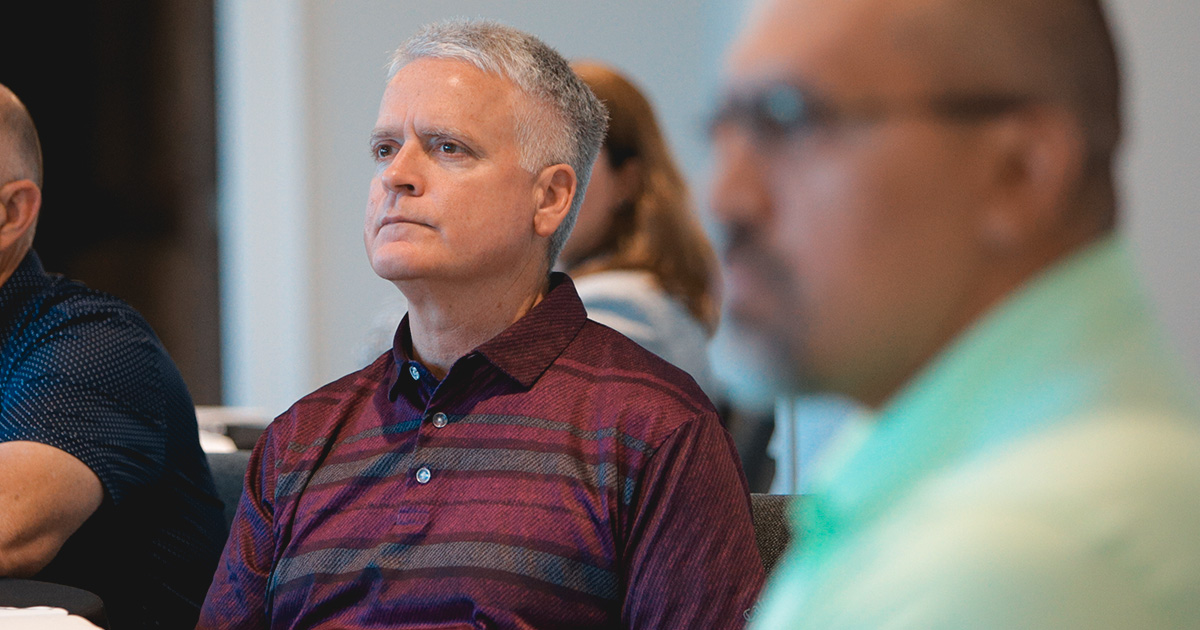A key discipline in E+R=O
A focus frame is the lens through which you see the situations that you experience. Understanding focus frames is essential because the way you see determines how you respond. Clarity of vision drives quality of response. Perception drives action.
Managing your response often requires that you expand your frame in order to see a situation with greater clarity. If you fail to do this, you get locked in a frame that limits your thinking, limits the options you consider, and therefore limits the outcomes you are able to produce.
The challenge is that what gets your attention sometimes distracts you from what requires your attention. There is important and relevant information outside of your frame, but you don’t always see it. No one sees as clearly or accurately as they think they do. Here is why:
- Our focus is selective. It pays attention to some things and ignores other things.
- Our focus is limited, but it feels complete.
- Negative things get our attention more quickly than positive things.
- Focus frames tend to seek validation, not accuracy. We often ignore or dismiss information that challenges our frame.
- We are emotionally attached to our focus frames.
The Five Questions
Don’t get stuck in a frame that limits you. Do the work to widen your perspective and see more clearly. Press Pause and expand your focus frame by asking five questions:
- How do I currently see the situation?
- What am I not seeing that I need to see?
- What am I seeing but discounting?
- What am I pretending not to see?
- How do other people see the situation?
Harness the power of focus frames. Make them for you, not against you.


